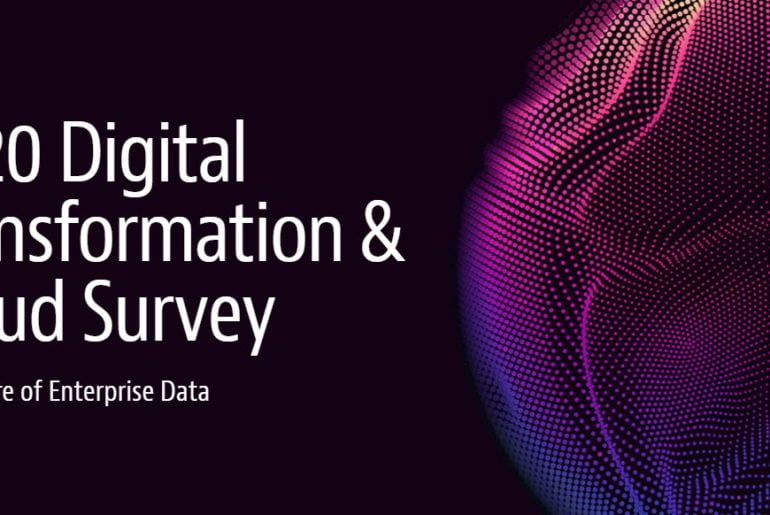With traditional brick-and-mortar economic activities rapidly transformed by the Internet and advanced technologies, there is a respective growing demand for legislative amendments to adapt to current changes, and Vietnam is by no means an exception to this rule.
I. Introduction This article focuses on the use of NFTs in metaverses. At first, we will briefly introduce NFTs, particularly in the video games industry. Video games feature vast virtual worlds that are a considerable part of many companies’ metaverse strategy, with many of the major fashion brands bringing their products to video games. Subsequently, we will provide insights concerning two key legal areas for NFTs: financial regulation (Section II) and intellectual property rights (Section…
On 04 May 2022, the Ministry of Information and Communication (“MIC”) released the Draft Law on E-Transaction (“Draft Law”) for public comment. The deadline for comments is 4 July 2022. The effective date of the Draft Law has not been decided yet. The Draft Law, comprising 104 articles and 11 chapters, is expected to supersede the existing Law on E-Transaction. The Draft Law proposes new regulations and requirements concerning digital signature, digital identity, trusted services, e-contracts,…
Baker McKenzie’s new Eye on AI video chat series covers the need-to-know legal issues surrounding artificial intelligence and machine learning. In our first episode, Bradford Newman is joined by partners Adam Aft and Marcela Robledo to discuss three AI must-knows in the context of technology transactions. Click here to view Baker McKenzie’s North America AI and Machine Learning team features a cross-disciplinary team of industry ranked and recognized attorneys who can help you with the technical, transactional and regulatory issues…
The need for businesses to be agile, innovative and data savvy to compete and thrive emerges loud and clear, but so, too, do concerns around privacy, security and integration with legacy IT systems. In its sixth year, Baker McKenzie’s 2020 Digital Transformation & Cloud Survey: The Future of Enterprise Data captures major trends and attitudes toward the use of data through a global lens of respondents in legal, technology and procurement roles, across a large cross-section of…
Brian Hengesbaugh is joined by Marcela Robledo, partner in Baker McKenzie’s San Francisco office, to discuss trends in technology transactions. Tune in to hear about: Diligence companies should perform on vendors prior to completing a transactionContractual provisions that can be implemented to mitigate riskTips on negotiating with vendors who aren’t keen to compromise https://open.spotify.com/episode/5OoJ50p39vqOre4DlLsM3J
The COVID-19 pandemic has caused an unprecedented global crisis, including notable disruptions of international trade and supply chains, which have presented new challenges and risks to companies doing business internationally. The pandemic also exposed vulnerabilities in supply chain infrastructure, such as a lack of diversity in suppliers, weaknesses in offshore sources of supply and insufficient contractual remedies to deal interruptions in the supply of key products and services, among others. What should companies be doing…
In the battle against COVID-19, many countries have implemented lockdowns, quarantined citizens, and closed borders, effectively accelerating the rate of digital transformation across the globe. Our new ways of working have made virtual connection necessary, and cloud infrastructure services essential. In this episode, Steve Holmes and Sonia Ong join Raffaele Giarda in tackling the issues and opportunities surrounding the adoption and demand for cloud services. https://open.spotify.com/episode/1rVwJCQPvFbStzx97hjwSG
While the benefits of cloud computing have been well documented in recent years, volatile conditions currently experienced as a result of COVID-19 have further highlighted the flexibility inherent in the use of cloud infrastructure. Market reports estimate that the global impact of COVID-19 on cloud market size is expected to increase from USD 233 billion in 2019 to USD 295 billion by 2021[1]. Similarly, in a recent industry survey on cloud usage, more than 50%…
On 28 April 2020, the US Department of Commerce’s Bureau of Industry and Security (BIS) published two new final rules and a proposed rule in the Federal Register amending the Export Administration Regulations (EAR) to tighten restrictions on exports of technology to China, Russia, and Venezuela. According to Commerce Secretary Wilbur Ross, these actions are intended to combat efforts by entities in China, Russia, and Venezuela to use certain US technologies obtained through civilian supply…








